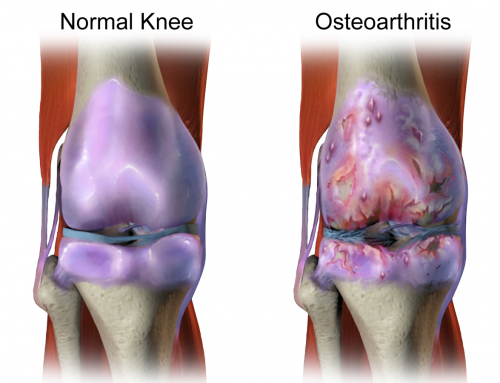I strongly encourage all my patients to stay away from aspartame. If you’re still consuming this poison, let me bend your ear for a moment.
Aspartame is the most commonly used artificial sweetener in the United States. It represents over 50 percent of the market, with sales exceeding a billion dollars in 2010 alone. This is mostly due to Americans consuming close to 50 billion liters of soda every single year (which equates to roughly 216 liters, or about 57 gallons per person), much of this in the form of “diet” soda loaded with aspartame. There is little doubt that people are cramming themselves full of this toxic synthetic chemical because of their mistaken belief that drinking diet soda will help fight weight gain.
The truth is that it doesn’t. And it never has. And it never will.
You may think you’re making a healthy choice by swapping out sugar for artificial sweeteners, but the truth is that you’re not. Your body, when given artificial sweeteners, begins craving sweets because you are not giving it the proper fuel it needs. Then you tend to not only eat the wrong foods, but too much of them.
Not only does aspartame contribute to weight gain, it is toxic. The FDA, in fact, rejected aspartame, not once but multiple times. The scientific data just did not support it as a safe product. There is ample evidence that excitotoxins such as aspartame and MSG correlate highly with tumors, especially brain tumors. But the FDA is a federal agency, and is subject to the manipulations of politics and big money. And the FDA Chairman who stood in the way of aspartame’s approval was removed from office. His replacement, a man named Arthur Hayes, was much more congenial to the idea of approving what some doctors have called “an addictive excitoneurotoxic carcinogenic drug that interacts with drugs and vaccines.”
But even with a friendly new FDA Chairman in place, the agency still rejected aspartame for approval by a 3-2 margin. So Chairman Hayes added a sixth member to the approval board, who voted in favor of aspartame. Then, with a 3-3 tie on the issue, Chairman Hayes himself broke the deadlock with his own vote of approval for aspartame. Much later, one of his last acts in office before he left the FDA in1983 amid accusations that he was accepting corporate gifts for political favors, was to approve aspartame for use in beverages. The story is as ugly and sad as aspartame’s actual effects on the human body.
As our nation grapples with skyrocketing rates of learning disabilities, autism and related neurological disorders like lupus and MS, the Environmental Protection Agency is preparing to release a roster of the pollutants likely to contribute to these or other neurological disorders. Aspartame has been included on this list.
Healthier alternatives exist when you just want a taste of something sweet. One safe, natural alternative to be used in moderation is a natural plant called Stevia. Unlike aspartame and other dangerous chemicals, Stevia is a safe, natural alternative that’s has been around for over 1500 years and is ideal if you’re watching your weight, or just trying to avoid sugar. Stevia is hundreds of times sweeter than sugar and has virtually no calories.
I prefer to use Stevia in its liquid form and I personally recommend the English Toffee and French Vanilla flavors. I want to emphasize, however, that if you have insulin issues, you need to avoid all sweeteners, including Stevia, since they all can decrease the body’s sensitivity to insulin.
Bottom line: I encourage you to toss out all artificial sweeteners and products that contain them, immediately. Poison has no place in your pantry or your fridge.



